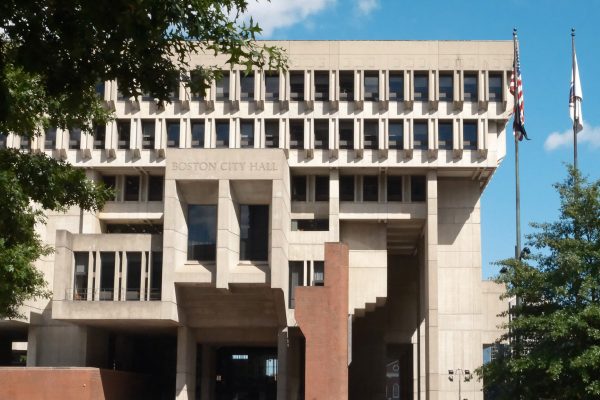The Boston City Council passed a resolution supporting access to gender-affirming care and discussed automated traffic enforcement during its Wednesday meeting.

The resolution supporting access to gender-affirming care in Boston, filed by Councilor Julia Mejia, was drawn up in response to federal aggression toward the LGBTQ+ community.
“While attacks on this particular community are not new, the way in which this federal administration is weaponizing fear to roll back decades of progress is new,” Mejia said. “This moment calls for bold leadership and a refusal from all of us to accept this behavior as normal.”
Fenway Health, a major medical provider for LGBTQ+ patients, ended gender-affirming care for patients under the age of 19 earlier this month, after their funding was threatened by new federal requirements.
“They were devastated to have to make an impossible choice between following their mission and staying open for residents who rely on them,” said Councilor Sharon Durkan, who recently spoke with the center.
She asserted the council should do everything in its power to ensure access to gender-affirming care for residents who need it.
“It’s so important that we, as the Boston City Council, stand with the LGBTQIA+ community and the institutions that have long filled historic gaps in our health care system,” Durkan said.
The council also discussed proposed state legislation surrounding traffic regulation.
Councilor Enrique Pepén presented a hearing order to consider the implementation of road safety cameras in Boston to “enforce red light, speeding and intersection-blocking violations.”
“This technology is clearly the future, and we must be prepared with infrastructure needed to use it effectively,” Pepén said.
Councilor Benjamin Weber, who co-sponsored the order alongside Councilor Brian Worrell, said the use of red light cameras in New York City decreased the rate of red light violations by approximately 70%, despite being installed at only 1% of intersections.
He said the cameras not only “catch people in the act,” but also serve as a “deterrent.”
“Boston can follow the example of many cities in different states and utilize camera-based enforcement to hold those who violate the road safety laws accountable,” Pepén said.
The order was ultimately referred to the Committee on Planning, Development and Transportation.